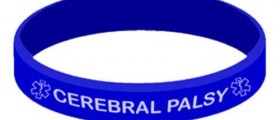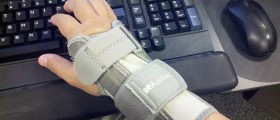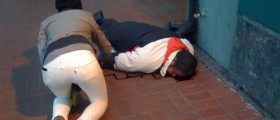
Dystonia is a certain serious medical condition which is characterized by involuntary contractions of the muscles and uncontrollable twisting of all affected body parts. The symptoms of the condition may range from mild to severe and sometimes they may even affect one’s ability to perform ordinary, everyday tasks.
There are two main types of dystonia, and those include focal and generalized dystonia. Dystonia may sometimes be inherited, and in such cases it usually can be noticed early on in the life of a child. In these cases it is also rather common to observe a generalized type of dystonia which actually affects the whole body.
Most known cases of dystonia usually affect adult persons, and in most cases the condition affects only certain parts of the body. The body parts which get affected the most are the arms, the face and the neck. Certain medicaments may be helpful in the treatment of dystonia, but the results are commonly inconsistent. Severe cases may require surgical intervention so that certain nerves and brain regions can be stimulated or disabled.
Treatments Options
The treatment options for those who suffer from dystonia have greatly improved over the last few years because the scientists have discovered that botulinum toxin injection can be of great help in some cases. There are still severe cases of dystonia which are rather disabling, and those can still be treated by deep brain stimulation.
The most common types of treatment for people who suffer from dystonia include prescription oral medications such as levodopa or carbidopa, which are known for increasing brain dopamine. There are also certain other prescription oral medications for those who suffer from dystonia, but they are known for acting on certain other types of neurotransmitters. These medicaments include baclofen, clonazepam, lorazepam, diazepam, benztropine and trihexyphenidyl.
The main problem with the aforementioned medicaments is that they may sometimes be associated with certain types of side effects such as confusion, blurred vision, constipation, dry mouth and drowsiness. The contractions can be significantly reduced by touching the affected part of the body, and this occurrence is referred to as the sensory trick. Botulinum toxin injections are very efficient in blocking the release of chemical messengers which trigger the muscle contractions. They need to be repeated every three months.
Side effects of botulinum toxin injections usually include trouble swallowing and excessive muscle weakness. Other treatment options include surgery, deep brain stimulation and alternative medicine such as yoga, acupuncture, meditation and biofeedback.

















Your thoughts on this
Loading...